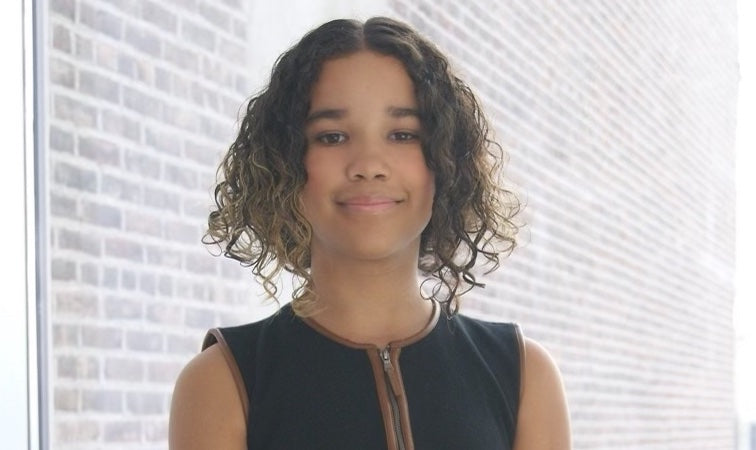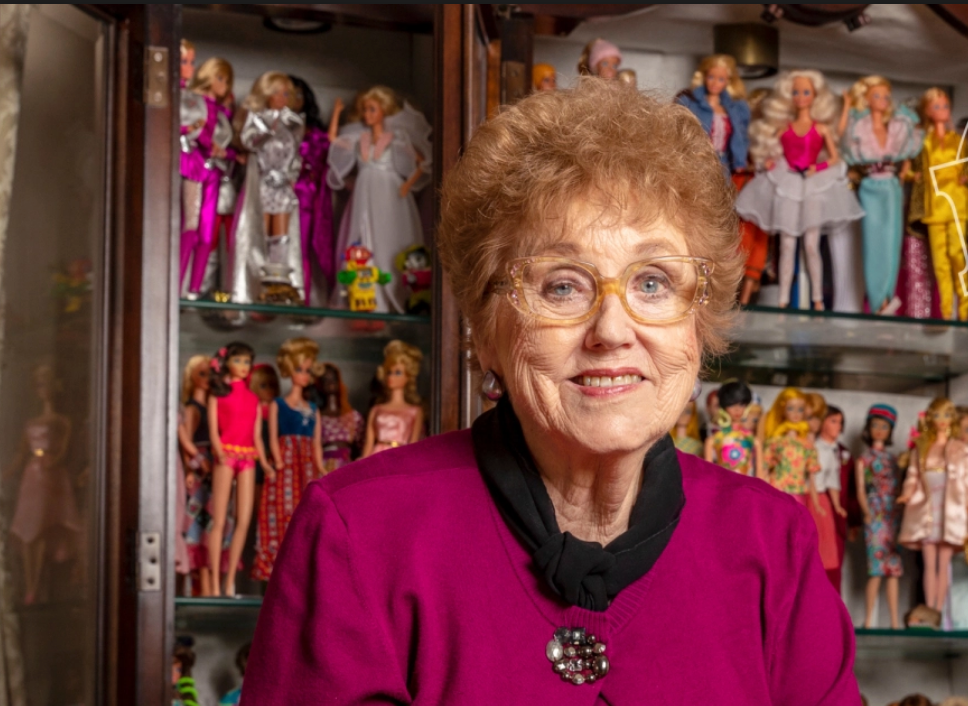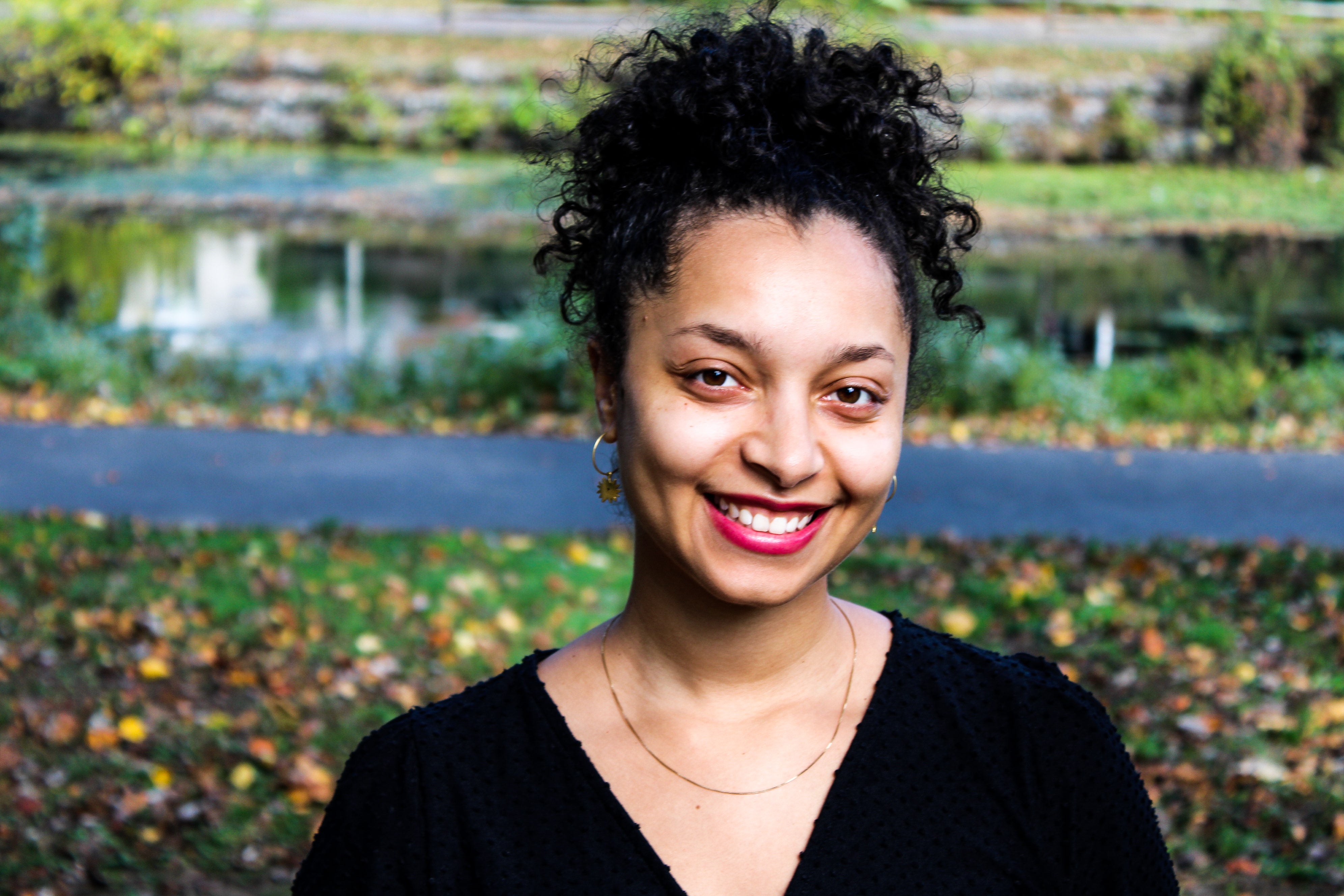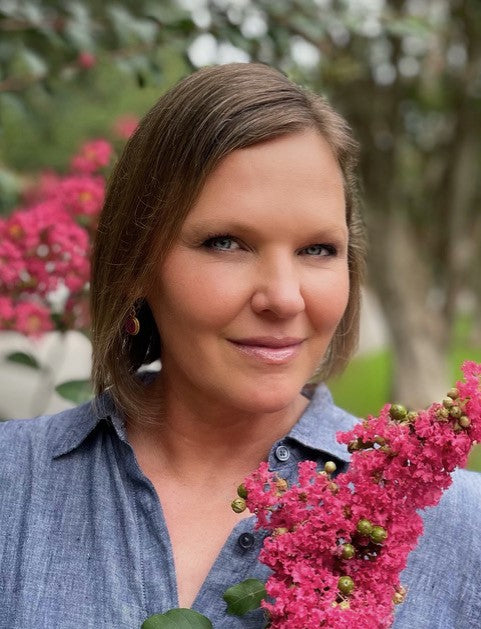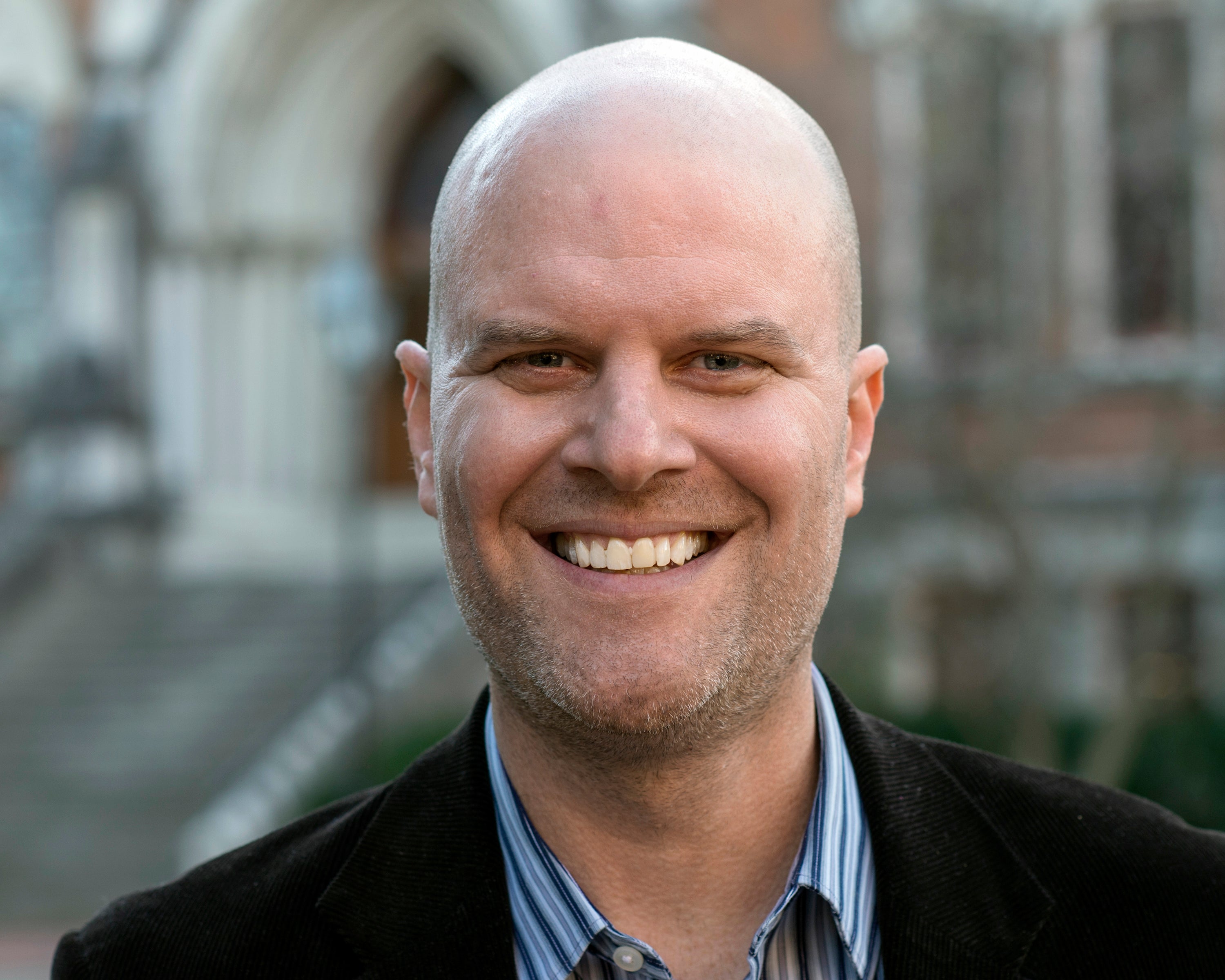Book: Upright Women Wanted

Photos by Allan Amato
Author: Sarah Gailey
Author Bio:
"Hugo Award Winner and Bestselling author Sarah Gailey is an internationally published writer of fiction and nonfiction. Their nonfiction has been published by Mashable and the Boston Globe, and they won a Hugo award for Best Fan Writer. Their most recent fiction credits include Vice and The Atlantic. Their debut novella, River of Teeth, was a 2018 Hugo and Nebula award finalist.
Their bestselling adult novel debut, Magic For Liars, was published in 2019; their latest novella, Upright Women Wanted, was published in February 2020. Their Young Adult novel debut, When We Were Magic, came out in March 2020. You can find links to their work at www.sarahgailey.com; find them on social media @gaileyfrey."
1. What made the environment of the “Old West” an ideal backdrop for an "UPRIGHT WOMEN WANTED"?
UPRIGHT WOMEN WANTED is, at its heart, a story about people trying to survive in a hostile landscape. A fascist state is as hostile to queer joy as a desert is to human life — survival is possible, but it’s never easy, and it always comes at a cost.
I find pulp Western narratives to be a perfect, natural fit for queer stories already because queer people are accustomed to the kind of rugged hardship that characterizes Old West stories. Because Upright Women Wanted deals explicitly with fascism — a social structure that is actively hostile to joy in diversity, a desert of ideals — the Wild West seemed like a doubly good fit.
2. How did you conceptualize “The Librarians” and what about them made them such a unique tool in which to tell Esther’s story?
The Librarians are based on a real-life program of women on horseback bringing educational materials to isolated people in Appalachia during the Great Depression.
In a society that doesn’t like women working, and also doesn’t like women traveling independently, this kind of work would be a great outlet for women who don’t fit into the dominant culture. It seemed like a very tiny hop to see that job as a perfect fit for queer women!
3. “Upright Women Wanted” has a feel of the classic saying, ‘the more things change, the more they stay the same.’ What are some key social narratives that you wanted to examine in this book?
The biggest social narrative that drives Upright Women Wanted is that of queer tragedy as a means of anti-queer propaganda. An infamous example of this is, of course, the Hays Code, which required that films produced in the United States between 1937 and 1968 either exclude homosexuality or explicitly display it as a moral failing that will end in tragedy.
The purpose of this is to make the idea of queerness frightening enough to stamp it out — if you tell people that queerness will kill them, they’ll feel a lot less safe exploring and expressing their gender and sexuality. In Upright Women Wanted, there are queer stories distributed by the State, but all of those stories are tragedies.
The protagonist, Esther, spends the book coming to understand that tragedy isn’t the only thing waiting for queer people — there’s joy and adventure and growth and life available, too.
4. Your story addresses internal struggles with homosexuality. Do you agree with how progressive society has become?
This is a complex question. I am thrilled by the expanded representation of queer people in literature and media, and I think that as that growth continues, people who have never had cause to question their existing ideas about and feeling toward queer people will be able to broaden their awareness and acceptance of those who aren’t like them.
At the same time, I always flinch when I hear people talking about how progressive we’ve become because we still have a long way to go. I’m looking greatly forward to the day that there aren’t public and political debates about the rights of queer people to exist honestly, in public, without fear.
5. How have you evolved as a writer since your debut novel?
My focus has shifted slightly, as a writer, since I wrote my first couple of books. When I wrote those, I was very focused on what I was trying to say and the story I was trying to tell. Now, when I approach a story, I focus more on what I want the reader to take away.
A book, I think, is a conversation between a writer and a reader, and having the conversation should change both parties in some way. I didn’t always feel that way, and I might not always feel that way, but it’s how I write now.
6. Who were some of your literary role models growing up?
Garth Nix and Clive Barker massively shaped my understanding of what a story could be, what reading could do to your brain, and how many layers a story can have.
7. What’s the best book you read last year?
I absolutely loved To Be Taught, If Fortunate by Becky Chambers. All of Chambers’ writing is lovely, but this book, in particular, was healing and honest in a way that is rare and precious.
8. Do you plan on writing more books in the future?
Absolutely! The next book I have coming out is When We Were Magic, my YA debut. It’s a novel about a group of magical teen best friends who have to try to hide a body together, while also navigating the complicated landscape of friendship at the very end of their high school career.
After that, The Echo Wife — my next adult novel — comes out in February 2021. Readers can check out my website or subscribe to my substack for updates on when things are coming out and what they can read next!
Places To Find More From This Author:
Instagram: @gaileyfrey
Twitter: @gaileyfrey
Substack: sarahgailey.substack.com/
Website: www.sarahgailey.com/







